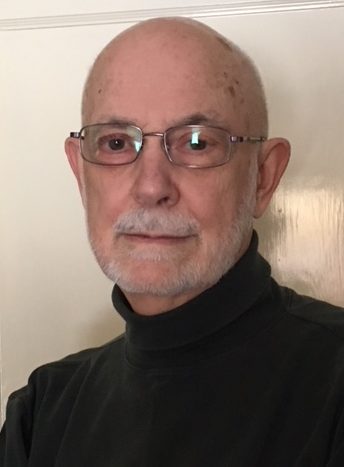Claims that mask mandates and vaccination requirements to do certain things are violations of the Canadian Charter of Rights and Freedoms are common in anti-mask and anti-vax communities. But those claims don't have much truth to them, according to an expert on the Canadian Constitution.
University of Regina Emeritus Professor John Whyte, who was involved in the creation of the Constitution, said the government can place reasonable limits on rights.
"There are real limitations on these rights, and the antivaxxers are just crazy when they say 'It's against our Charter rights." Our Charter rights are really, really complex and really, really a product of ongoing reconcilliation between strong human needs for autonomy - very strong, very powerful need for autonomy - and an equally powerful need for society to self-regulate in an effective way."
Section 1 of the Charter states that rights and freedoms identified within are not absolute.
"The Canadian Charter of Rights and Freedoms guarantees the rights and freedoms set out in it subject only to such reasonable limits prescribed by law as can be demonstrably justified in a free and democratic society."
A test was created in the R. v. Oakes case of 1986, which is known as the Oakes Test, which determines whether a limit on a right or freedom is "reasonable" and "demonstrably justified." The goal of the legislation must be "pressing and substantial," the means to achieve the objective must be proportional, there must be a rational connection between the limit and its goal, the limit must impair the right or freedom as little as possible, and the "final balancing" must have proportionality between negative effects of the law and its benefits.
 Photo of John Whyte courtesy of Discover Estevan
Photo of John Whyte courtesy of Discover EstevanWhyte, a former deputy justice minister for Saskatchewan, said laws that have been implemented by the provinces would likely pass the requirement set out in the Oakes Test.
"It's going to be hard about crossing over the threshold since the epidemiological evidence is not totally clear and constantly emerging. It's not wrong for the state to regulate a little bit on the nervous side, on the wary side, leaving no stone unturned in trying to stop the spread."
Whyte said there are two balancing acts at play with regulations aimed at preventing the spread of the coronavirus.
"The first weighing is the weighing between a COVID transmission and liberty, and the second kind of weighing is the weighing between personal decisions about your body, and the cost to the capacity of the state to save people's lives."
Whyte believes the government would be going too far if they forced people to get vaccinated, rather than just incentivizing immunizations.
"I've been taking the view in this conversation and elsewhere that compelling people to receive medical treatment is unconstitutional," he said, adding that making it mandatory to be vaccinated to attend sports or eat inside a restaurant doesn't fall under the category of 'compelling.' "They are imposing a cost, and of course we're used to imposing a cost on people who don't do things that are safe for themselves and others. Cell phone driving for one. Seat belts. Lots of things."
Freedom of religion is guaranteed in the Charter, subject to reasonable limits. Many have claimed that gathering restrictions at churches violate that freedom.
Whyte said if a religion had a tenet that called for people to gather in person, as opposed to via Zoom, there is a chance they could be successful in challenging a restriction in court.
"There is an argument combining assembly with a religious need that restrictions are too costly to core human values. Not just the value of autonomy - we eat away at autonomy all the time - but the autonomy with respect to religious observance."
Whyte feels that the courts would rule against a government that wanted to make vaccines mandatory.
"There was a Charter case around Sue Rodriguez about whether you could choose to do with [assisted suicide], and that case lost. The court would not strike down the Criminal Code line of assisted suicide. Of course we've changed our mind... I think that's kind of a signal here. We don't like to tell people how they agree to use and deploy their body in their life's course."
About 70 per cent of Saskatchewan residents that are eligible for the vaccine are fully vaccinated. About seventy-nine per cent of the 289 hospitalizations in the province are in people that are not fully vaccinated.
But Whyte believes it's unlikely that the government would be able to compel people to take a vaccine.
"Saskatchewan walking around with 30 per cent of people without a vaccine is not good. And it's using up hospital space at tremendous cost to children and sick people and needy people. It's horrible. And I could be wrong. There could be a reasonable limit to force people to receive treatment that will prevent them from becoming a burden on a province's overextended healthcare system. I guess I tend to think at the core there is this idea that you have autonomy over your own body."










